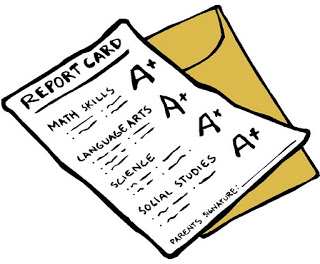I just read a headline and summary of an article about a young man in a private school who received a letter grade of “D” in an honors biology class. So what did the student and parents do? They sued the school for not doing enough to help their son so that he would not get rejection letters from colleges he was applying to. Fortunately the judge in the case did not see it the same way, but this does bring up an important discussion.

Expecting that our children should or will get all of the best grades and will excel at everything they try is not realistic and creates way too much pressure on them. When they see us as adults make mistakes and recover with effort and perseverance they learn how to handle disappointments in their own performance. On the other side though, not allowing our children to have disappointment, consequences or failure by swooping in and saving them from every situation where we are afraid they might not “feel” good about themselves or get what they “want so bad” does not build – self esteem, resilience, grit, confidence, or anything that will help them in the real world.
In the end children who do not learn to put in the extra effort or to pick themselves up and start over again, learn to feel helpless, hopeless, shocked at failure, and have an increased amount of depression.
That is one of the greatest lessons children learn in the arts and especially the martial arts. It is a safe place to work on a skill, make mistakes, keep working at it and then see improvement and success, all the time being encouraged by others for their incremental improvements. We have setbacks – we may have a test we do not pass, or a stripe we do not get, but we learn that with some extra effort, coaching and practice we can improve and be successful.
Combining failure or disappointment with effort and perseverance equals greater success and resilience for the next event in our life that may have larger implications. What other parts of your life can you use to learn these life lessons?
